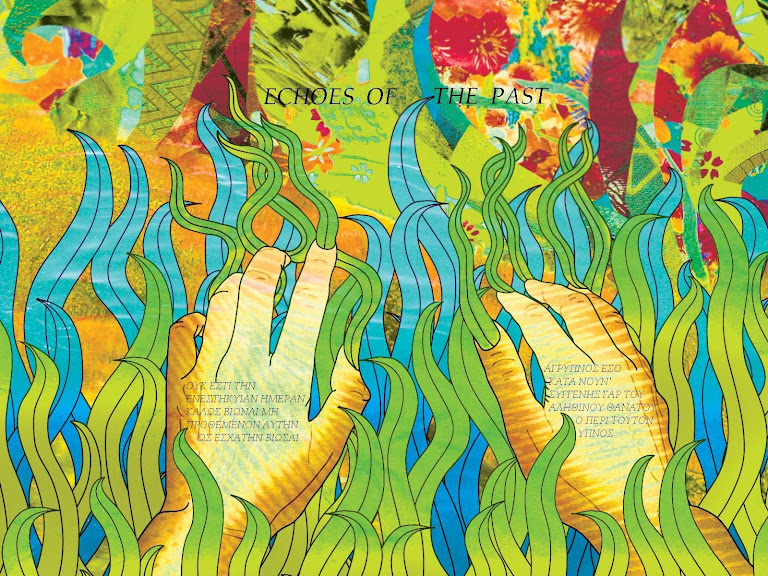
Info found in goldenbestjapan.com:
Ranmadou’s story starts with guitarist Eiryu Kou.
Kou joined a band called The Vickies as a guitarist in 1966.
(A few sources claim it was 1967 or 1968 but Kou remembers
The Beatles visited Japan when he was with The Vickies so
it must have been before July 1966.) The Vickies were an
early version of Blues Creation. In fact, when Kou left
the band in August 1968 to take over his family’s business,
he was replaced by future Blues Creation leader, Kazuo Takeda.
Kou later briefly returned in September but then left to form
a band called Blind Lemon Jefferson in April 1969. They played
played at go-go clubs in Touhoku during the summer and then from
September were based out of a club called ‘Apple’ in Shinjuku, Tokyo.
The band broke up in late 1969. In January 1970, Kou formed Dew with
singer Fumio Nunoya, who had left Blues Creation the previous December.
(As far as I know, the only thing released from Kou’s time
with Dew are ‘Lost Blues Days Vol.1' (2001) on the Captain
Trip label, track 6, “Tobacco Road” and 7, “Hard Luck Story”.)
In early 1971, Kou left Dew and formed Ranmadou with
Yukio Saruyama (bass), Hisao Matsuyoshi (vocals) and
Toshirou Yashima (drums). (I’m not sure about the romanization
of those names.) Both Saruyama and Matsuyoshi had been in Blind Lemon Jefferson
and Yashima was recommended by Kazuo Takeda. In March, they played in Gifu Prefecture and then moved to Kyoto in May. For the next 2 months, they played
at a club called ‘Cat’s Eye’ and worked up most of their original material
. While in Kyoto, they opened for an early version of Flied Egg. Around
this time, Ritsuo Kamimura became their manager. Kamimura had connections
with Hachimitsu Pie’s and Happy End’s management agency Kazetoshi, who set
the band up with a gig at ‘BYG’ in Shibuya, Tokyo from July. In August, they
played at the sub-stage of the 3rd Annual Japan Folk Jamboree and Kou claims
they were the loudest band there. (Dew also performed.)
They started recording their debut album Ranmadou in April 1972. Through their
management connections, Takashi Matsumoto from Happy End and Keiichi Suzuki
from Hachimitsu Pie were involved in the album and their influence can be
heard in the laid-back feeling on the first side album. It was also a conscious
decision on Kou’s part to move the band in a more pop direction.
When the URC label catalog was released on CD in 1989, Ranmadou’s performance from the 3rd Annual Folk Jamboree was released as Summer 1971. Only three of the ten tracks are from the debut. This album rocks pretty hard and suddenly the Blues Creation connection makes sense
Listen tracks 2 and 6:
You can find the album here: http://community.livejournal.com/japan_old_prog/tag/ranmadou

















